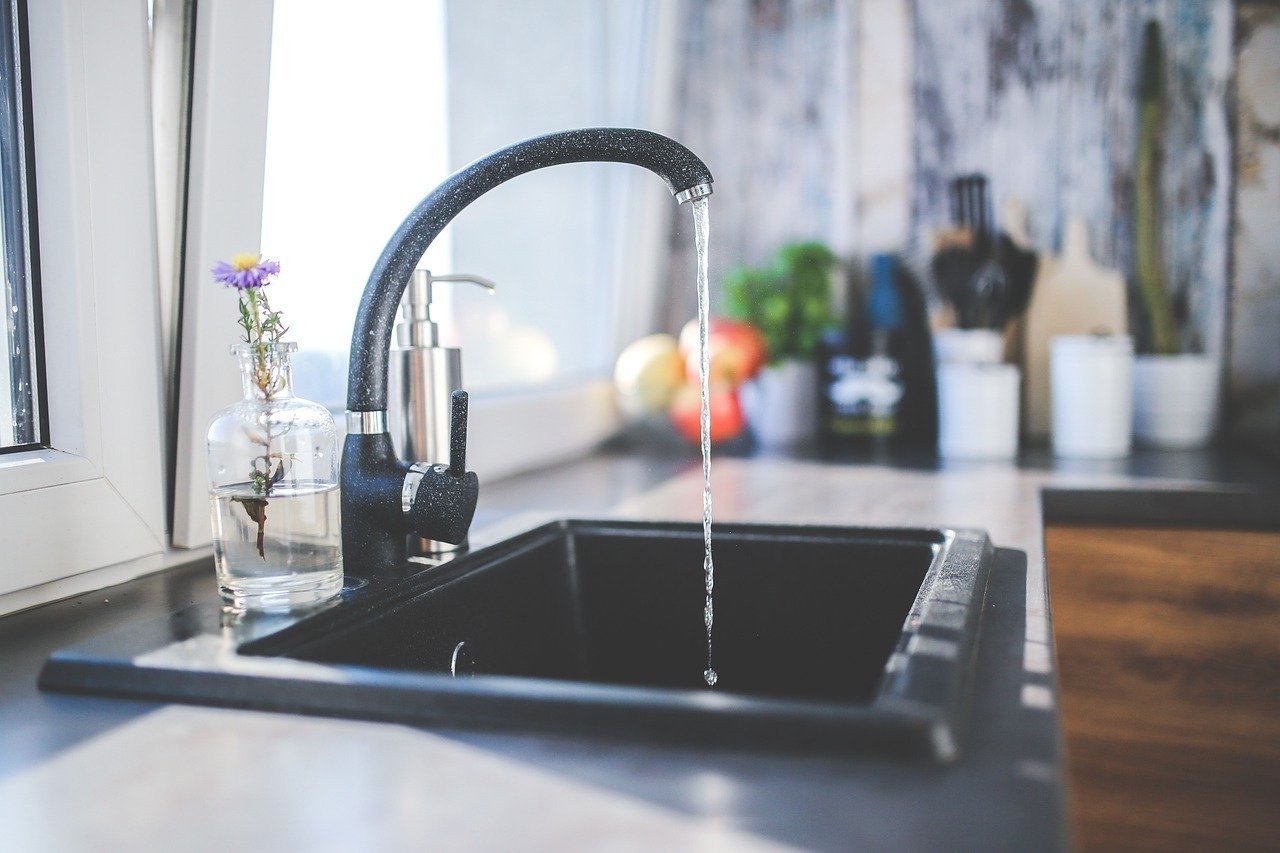Can You Change Your Water Supplier?
Understanding the Water Supply System
The water supply system in the UK is a complex network that involves multiple stakeholders, including regional water companies, local authorities, and regulatory bodies. At its core, the system is designed to provide safe and clean drinking water to households and businesses while effectively managing wastewater. The UK is divided into various water supply regions, each managed by a designated water company responsible for delivering water services in their respective areas. These companies source water from various resources, including rivers, lakes, and underground aquifers, ensuring that the water meets stringent quality standards set by regulations.
Once water is extracted from these sources, it undergoes a rigorous treatment process before being pumped into distribution networks. These networks consist of a vast array of pipes and infrastructure that transport water to end-users. It is essential to understand that the water supply and wastewater management are distinct operations. While the former focuses on providing potable water to consumers, the latter deals with the treatment and disposal of wastewater generated by households and industries. Many regional water companies manage both aspects, but they may also operate separately in some areas.
The regulatory framework governing the water industry in the UK is crucial for maintaining service standards and consumer protection. This framework includes the Water Services Regulation Authority (Ofwat), which oversees pricing and performance in the sector. A significant development in the landscape of water supply services was the privatisation that began in 1989, which resulted in increased investment and efficiency within the industry. Moreover, with the recent introduction of a competitive market for non-household water suppliers, businesses in the UK can now explore options for changing their water supplier, which marks a shift towards greater customer choice and accountability in the sector.
Who Can Change Their Water Supplier?
The ability to change your water supplier largely depends on whether you are a residential or non-residential customer. As of the latest regulations, residential customers typically do not have the option to switch water suppliers due to the structure of the water market. Residential water services are usually provided by regional monopolies, meaning that homeowners and tenants are bound to the utility company that serves their local area. This lack of choice has been a point of discussion in government circles, but for now, residential customers remain restricted in their options.
In contrast, businesses, classified as non-residential customers, have the ability to change their water supplier. This change is motivated by several factors, including the potential for reduced costs and improved customer service. The open water market, which was officially introduced for non-domestic customers in April 2017, allows companies to explore various suppliers, enabling them to select one that best suits their operational needs. The criteria for switching typically include registration with a licensed retailer and fulfilling any contractual obligations with the previous supplier.
Recent initiatives from the government have focused on expanding these choices to residential customers as well. While current frameworks limit switching options for most homeowners, discussions around market reform continue. Possible amendments may include pilot programs that offer limited opportunities for residential consumers to choose their supplier. Such reforms aim to create a more competitive environment in the water sector, fostering better services and prices for all customers. These changes are still unfolding, and it is necessary to keep informed about any future developments that could impact water supplier choices for both residential and non-residential customers.
The Process of Changing Your Water Supplier
Changing your water supplier is a structured process, primarily available to eligible non-household customers. The first step involves conducting thorough research to identify potential suppliers. This includes evaluating their service offerings, pricing structures, and overall reputation in the market. Websites and online forums can provide valuable insights, including customer reviews that highlight the experiences of other businesses.
Once you have gathered sufficient information, the next step is to assess the available pricing options. This may involve comparing fixed and variable tariffs offered by different suppliers, ensuring that the chosen plan aligns with your business’s water consumption patterns. It is also prudent to inquire about any additional charges or fees that may be applicable—such considerations play a crucial role in making an informed decision.
After pinpointing a suitable water supplier, the process shifts to official communication. Reach out to the prospective supplier, who will walk you through the steps needed to begin the switching process. This typically involves completing an application form and providing relevant business information. It is important to understand the structure of contracts; they may differ in terms of duration, pricing, and termination notice, which are all key points to clarify before formally signing an agreement.
As you evaluate your current water service provider, consider aspects such as customer service quality and responsiveness, along with the accuracy of bills and metering. These factors will influence your overall satisfaction with a new supplier. Be sure to read the terms of the new agreement carefully, as understanding the details can prevent potential misunderstandings once the transition occurs. With careful research and consideration, changing your water supplier can lead to a more favourable arrangement for your business.
Benefits and Considerations of Changing Your Water Supplier
Changing your water supplier may present several advantages, making it a viable option for homeowners and businesses alike. One of the primary benefits is the possibility of securing lower water rates. Suppliers often offer competitive pricing structures to attract new customers; thus, switching could result in substantial savings on your utility bills. Moreover, some providers prioritise sustainability, allowing customers to choose options that contribute to environmentally friendly practices, which can impact their community positively.
Another critical consideration is the potential for improved customer service. Different water suppliers may have varying approaches to customer care, from response times to problem resolution. A new provider could offer enhanced support, making it easier to address issues such as billing or service interruptions. With the right research, you may find a supplier whose service model aligns more closely with your expectations, which can lead to a more satisfying experience overall.
However, switching water suppliers is not without its considerations. One fundamental aspect to evaluate is service quality and reliability. It is advisable to investigate your potential new supplier’s track record, ensuring they consistently meet customers’ needs and maintain a steady water supply. Potential customers should also examine any contractual obligations that may arise from switching. For example, some contracts may involve termination fees or require a commitment to a minimum contract length, which could negate the benefits of switching.
Ultimately, before changing your water supplier, it is crucial to assess your unique circumstances thoroughly. By weighing the potential benefits against the considerations mentioned, you can make an informed decision that best suits your requirements and preferences.




